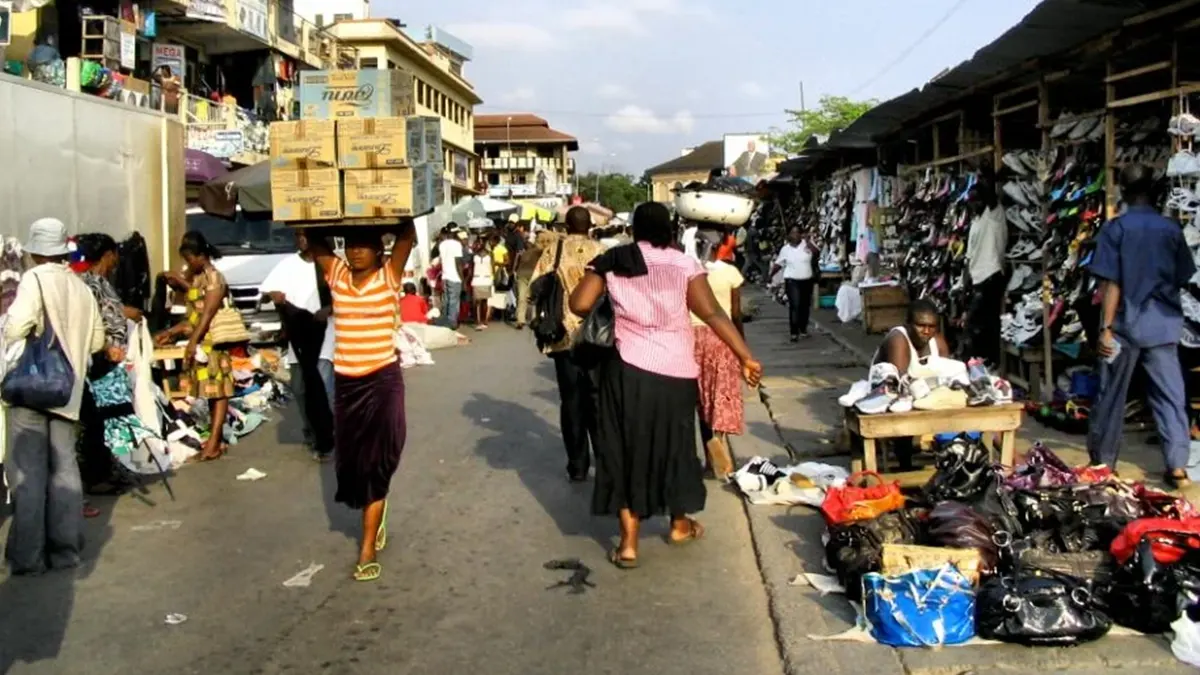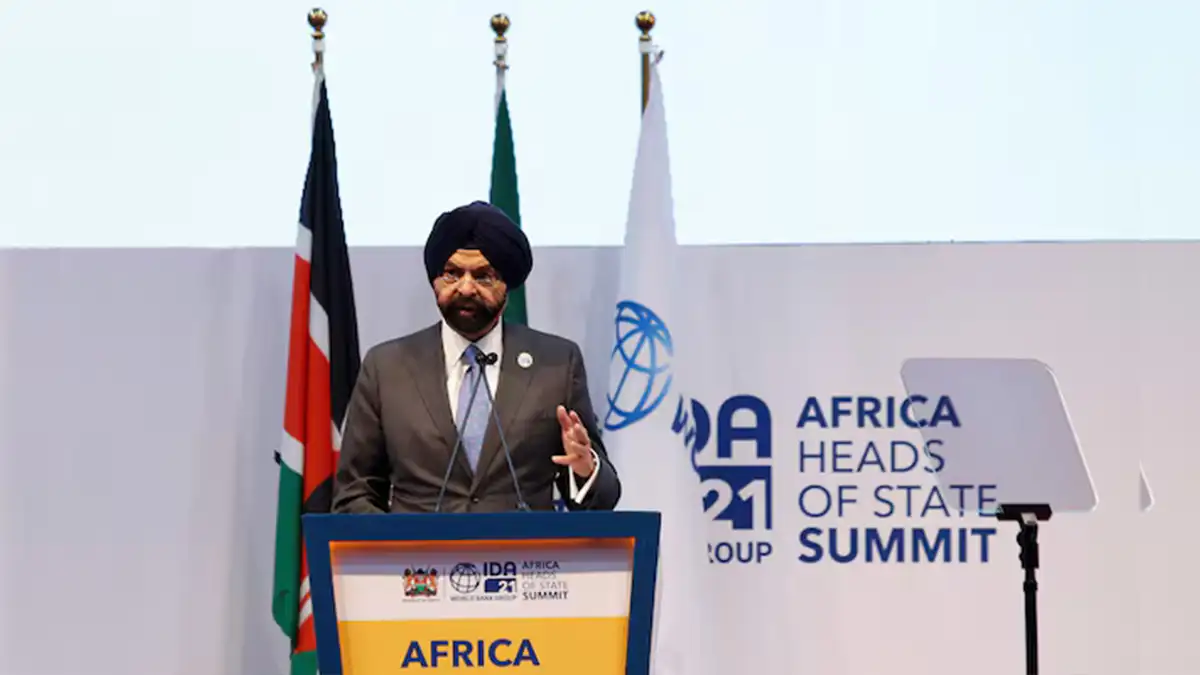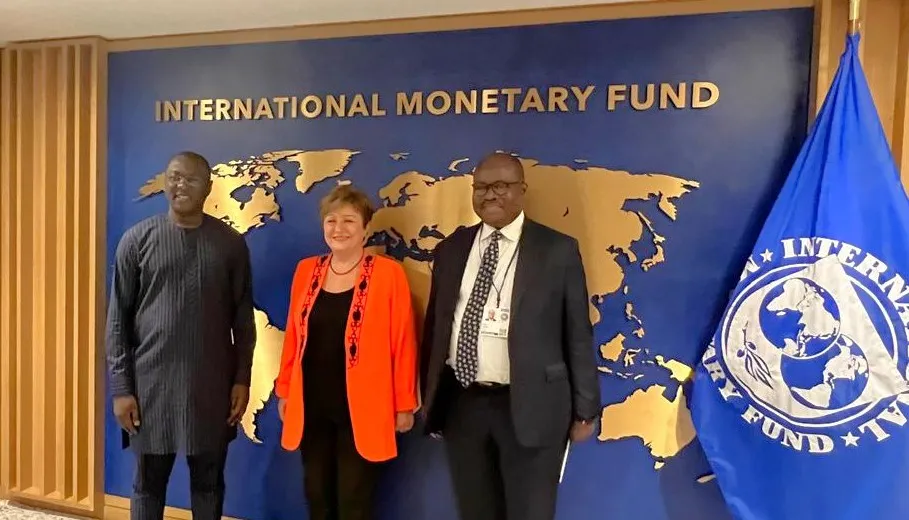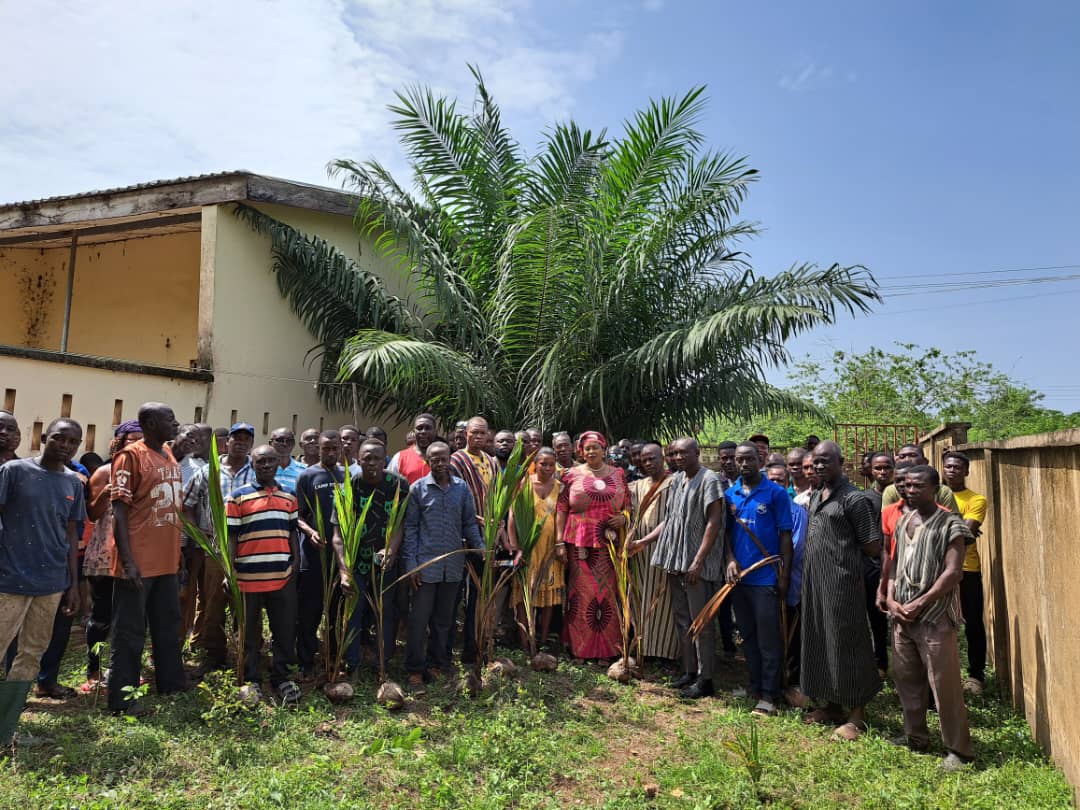A recent report by the World Bank has revealed that poverty rates, both extreme and overall, are on a decline in urban areas but are increasing in rural regions of Ghana.
The findings are part of the Social Protection Programme Spending and Household Welfare in Ghana Report.
According to the report, extreme poverty is particularly concentrated among households without formal education.
The study identifies the Greater Accra and Ashanti regions as urban areas experiencing a decline in poverty rates, while the Volta, Northern, and Upper East regions are witnessing an increase in rural poverty.
The report suggests that the observed pattern may be linked to the El Niño phenomenon in 2017, which typically results in droughts in the northern parts of the country.
“Even though extreme and overall poverty rates remained roughly constant across the country as a whole between 2012/13 and 2016/17, the rates in urban areas continued to decline, while those in rural areas increased,” the report notes.
This trend is notably prominent in regions with large urban populations, such as Greater Accra and Ashanti, and predominantly rural regions like Volta, Northern, and Upper East.
On a national level, economic growth contributed to a 2.3 percentage-point decline in the overall poverty rate.
However, this positive impact was counteracted by increasing inequality, resulting in a 1.4 percentage-point increase in the overall poverty rate.
The report emphasizes that while overall consumption experienced healthy growth over the four years, the benefits were unevenly distributed, favouring the non-poor population.
The last comprehensive poverty measurement in Ghana was conducted in 2016 and 2017, based on the Ghana Living Standards Survey.
During this period, the estimated poverty rate was 12.7 percent, using the international poverty line of $1.90 per day in 2011.
The report also highlighted that poverty rates were notably low among individuals with higher education attainment, emphasizing the role of education in mitigating poverty.









